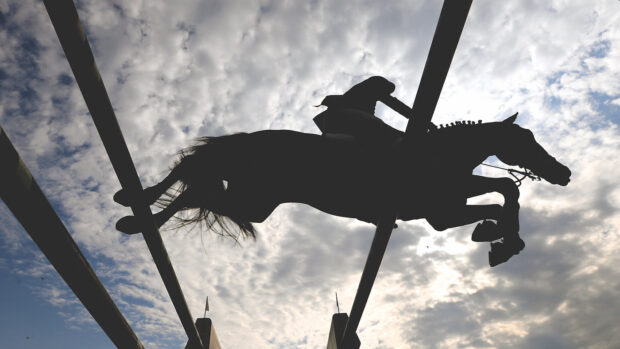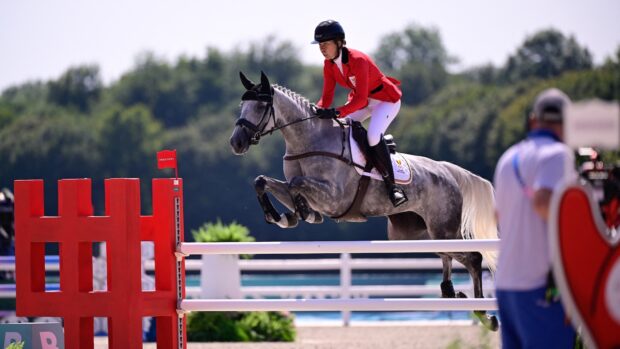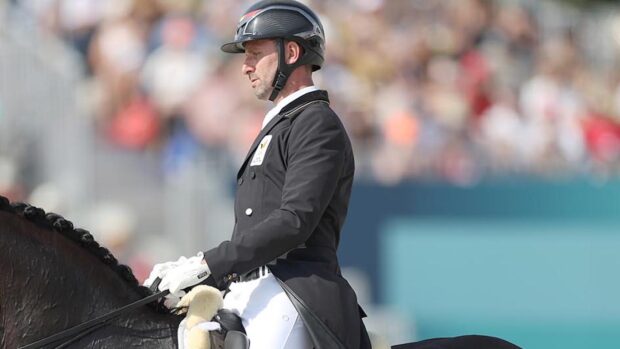It has emerged that the UAE equestrian federation faked an endurance rider’s signature on doping disciplinary papers.
The case — which dates back to 2010 — has only just come to light, because the rider appealed to the Court of Arbitration for Sport (CAS) over a second offence and brought up the earlier forgery in his evidence.
CAS duly reduced the doping ban for his second offence by six months.
In November 2010, Rashid Ali Al Abbar borrowed a horse — Aldjani Safinat — from Al Aasfa 2 stables in Dubai.The horse tested positive for phenylbutazone (bute) and he was fined 1,500 Swiss francs (£1,020) under the fastracked process.
But Al Abbar claimed to be ignorant of the doping case until he read about it on the FEI tribunal website.
He appealed to CAS, which ruled that the unexplained forgery prevented Al Abbar from “considering his options” in the earlier Aldjani Sarfinat case, for which Al Abbar could have requested a full tribunal hearing instead of accepting the fine.
CAS also ruled that the 30-month suspension for the second offence was too long, as it had taken into account the first offence — and reduced it by six months.
The court also criticised the FEI for not ensuring that Al Abbar was forwarded paperwork by his federation.
It is not known why the UAE faked Al Abbar’s signature — or who paid his fine.
H&H asked the FEI if it would publicly reprimand the UAE federation, but it declined, saying Al Abbar was ultimately the “person responsible” for the offence.
Al Abbar had been banned by the tribunal for 30 months in March this year, after his own horse, Cromwell, tested positive for testosterone.
This story first appeared in H&H 28 November 2013.




